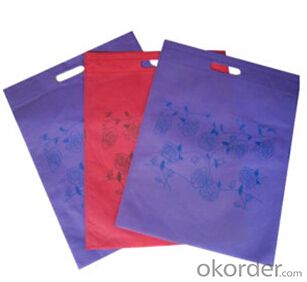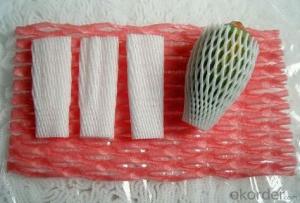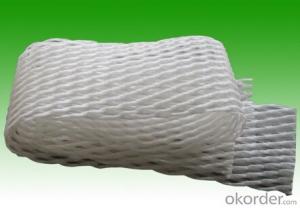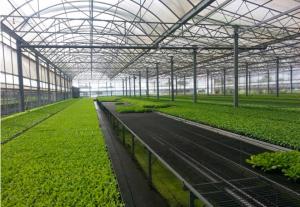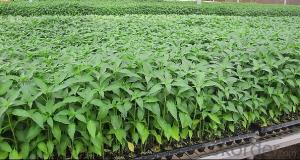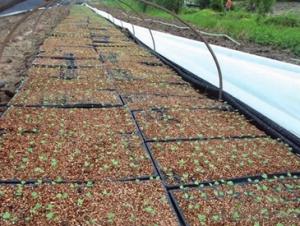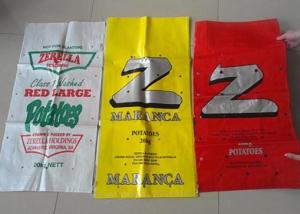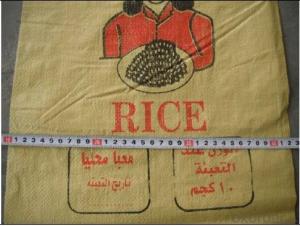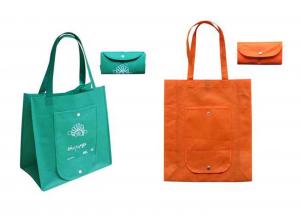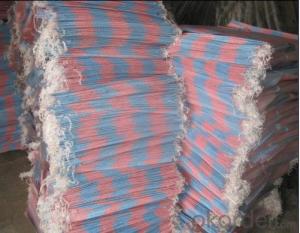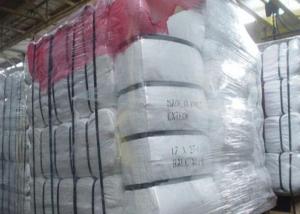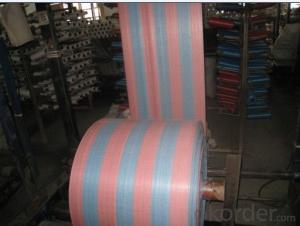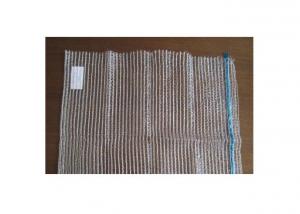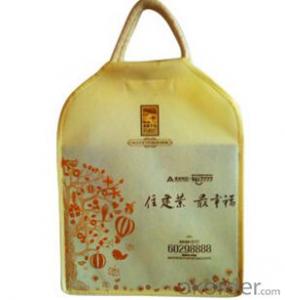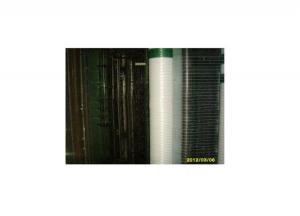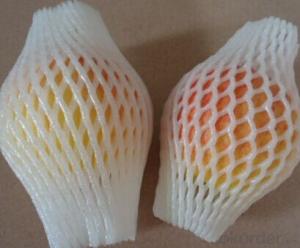Nonwoven Bag/ Non-Woven Bag
- Loading Port:
- Qingdao
- Payment Terms:
- TT OR LC
- Min Order Qty:
- -
- Supply Capability:
- 50000pcs m²/month
OKorder Service Pledge
OKorder Financial Service
You Might Also Like
Net weight | 60g/m2--180g/m2 |
Net width | 0.5m-4.4m or by requirements. |
Rolls Lengths | 10m, 50m, 100m or by requirements. |
mesh density | 8x8,10x10.11x11,12x12,14x14 |
Colours | Green,Black ,Dark green or by requirements. |
Material | PE/PP |
Using life | Base on weather conditions and use. |
Type | Plain |
Delivery time | 25-30days after deposite |
Export market | South America,Japan, the Middle East ,Europe , markets. |
Min order | 4 ton/tons |
Terms of Payment | T/T, L/C at sight |
Supply capacity | 300 ton/tons per month |
Packing | Rolls on cardboard tubes & wrapped in plastic with color label (or any customized) |
8). Color reference: CMYK/PMS/full color
Item no. XHWK001
Size: 30cmW*45cmH
Material non woven
Weight: 80gsm
Piping: No piping, inside sew
Handle: Non woven
Print: Silkscreen
Others: Punched plastic handle
Label: As customized sew or not sew "made in china" label
Packing: 100pcs per carton; 1 opp bag for one carton or customerized
- Q: Are nursery trays suitable for starting herbaceous perennials?
- Yes, nursery trays are suitable for starting herbaceous perennials. These trays provide a convenient and controlled environment for germinating seeds or propagating herbaceous perennials from cuttings. They allow for easy monitoring of moisture levels, temperature, and light exposure, which are crucial for the successful establishment of herbaceous perennials. Additionally, nursery trays provide adequate space for root development, ensuring healthy and robust plants.
- Q: What are the common plastics?
- Low density polyethylene (PE-LD or LDPE): common in cling film, plastic film. Low density polyethylene heat resistance is not strong, do not pack in the food surface into the microwave oven, usually in the temperature of more than 110 degrees when there will be hot melt phenomenon, will leave some of the body can not be broken down the plastic preparations.
- Q: How do nursery trays promote healthy root growth?
- Nursery trays promote healthy root growth by providing a controlled environment for seedlings or young plants. The trays allow for proper drainage and aeration, preventing the roots from becoming waterlogged. Additionally, the individual compartments in the trays help to prevent root entanglement and allow each plant to develop its own healthy root system. The trays also protect the roots from damage and provide a stable environment for the plants to establish strong and robust root systems, which are essential for their overall growth and health.
- Q: Obviously I know its from plastic, but where does THAT come from?
- plastics are polymers that can be molded or shaped, usually by heat or pressure. plastics can be either thermoplastics (can be melted and formed again and again) or thermosets which, once formed, are destroyed rather than melted by heating. composition can vary depending on the type of plastic, but most prominent are Hydro-Carbon (Hydrogen and Carbon)
- Q: How many nursery trays do commercial nurseries use?
- The number of nursery trays used by commercial nurseries can vary greatly depending on the size and scale of the operation. Some smaller nurseries may use a few hundred trays, while larger operations can use several thousand or even tens of thousands of trays.
- Q: What are some ground cover options for a coastal cliff garden?
- Some ground cover options for a coastal cliff garden include coastal daisy (Arctotheca populifolia), beach strawberry (Fragaria chiloensis), ice plant (Delosperma cooperi), creeping thyme (Thymus serpyllum), and sea thrift (Armeria maritima). These plants are suitable for the challenging coastal conditions, including salt spray, wind, and poor soil quality. They also provide erosion control and add beauty to the garden with their colorful flowers and foliage.
- Q: What are the best ground cover plants for rock gardens?
- Some of the best ground cover plants for rock gardens include creeping thyme, creeping phlox, moss phlox, sedum, and creeping jenny. These plants are low-growing, tolerate rocky conditions, and provide beautiful colorful blooms or foliage, making them excellent choices for rock gardens.
- Q: What are the possible substitutes for agricultural plastic mulch?
- <p>Yes, there are several alternative materials that can be used instead of agricultural plastic mulch. These include biodegradable mulches such as paper, straw, and wood chips, which decompose naturally and enrich the soil. Organic mulches like compost or coco coir can also be used for their soil conditioning benefits. Additionally, some farmers use landscape fabric, which is a permeable fabric that allows water to pass through while suppressing weeds. Another alternative is to use mulches made from recycled materials, which can help reduce waste. It's important to consider the specific needs of the crop and the local environment when choosing an alternative to plastic mulch.</p>
- Q: How do you control ground cover from spreading into lawn areas?
- One effective way to control the spreading of ground cover into lawn areas is through regular maintenance practices such as mowing, edging, and using a physical barrier like landscape fabric or plastic edging. Additionally, selective herbicide application can be used to target and suppress the growth of ground cover in specific areas.
- Q: My family is very eco friendly. so my mom wanted me to get tampons with cardboard applicators , and i said i'd try them. so my question is.. is inserting a cardboard applicator any harder or different than inserting a plastic applicator? if so how?
- Plastic applicators are good when you're first starting out because I find they slide in easier but honestly if you've had some practice and you're comfortable with them, you won't really notice a difference. Cardboard, plastic, doesn't matter. You'll be fine :)
Send your message to us
Nonwoven Bag/ Non-Woven Bag
- Loading Port:
- Qingdao
- Payment Terms:
- TT OR LC
- Min Order Qty:
- -
- Supply Capability:
- 50000pcs m²/month
OKorder Service Pledge
OKorder Financial Service
Similar products
Hot products
Hot Searches
Related keywords

